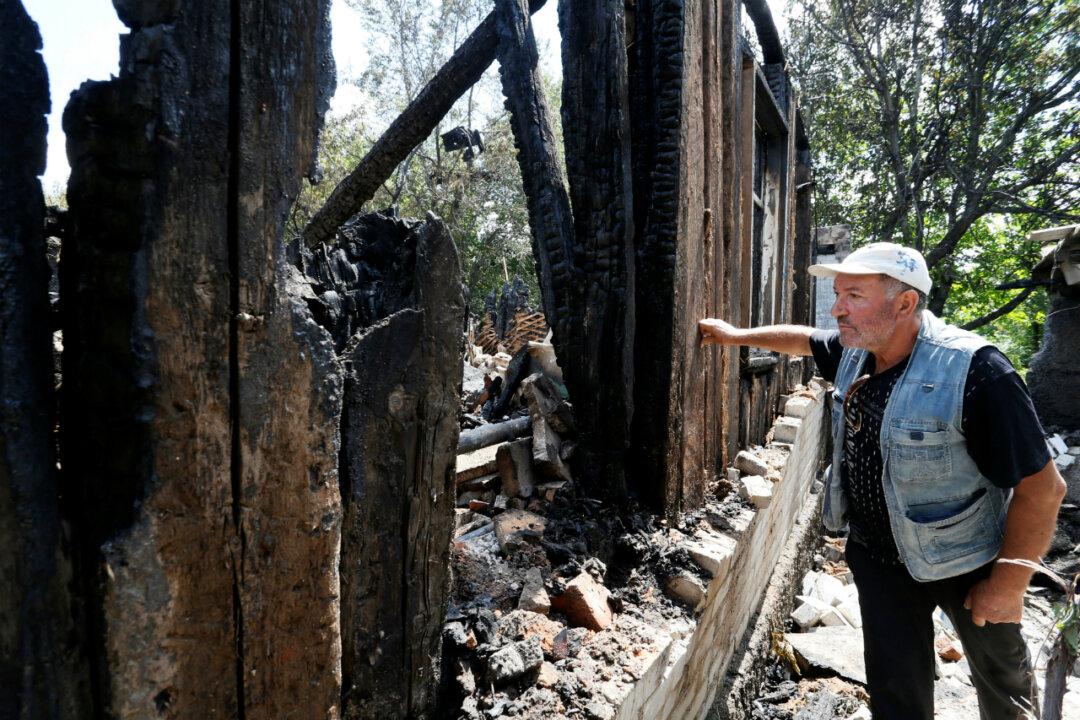Negotiators for Ukraine, Russia, and the Organization for Security and Co-operation in Europe (OSCE) reached an agreement on Wednesday for a full and comprehensive ceasefire between Ukrainian government forces and pro-Russian separatists in eastern Ukraine from Monday, Ukraine’s president’s office said.
A simmering conflict between Ukrainian troops and Russian-backed rebels has killed more than 13,000 people since 2014. Major combat ended with a ceasefire agreed in the Belarusian capital of Minsk in 2015, but sporadic clashes still regularly kill civilians, Ukrainian soldiers, and separatists.





